“Mr. and Mrs. Smith,” the original 2005 spy movie following a married couple secretly working as spies for rival organizations given an assignment to kill each other, isn’t a masterpiece of the genre. There is a cogent argument to suggest that it is a very slight movie. But it is a vehicle for pushing the sexiness of its leads, Brad Pitt and Angelina Jolie. “Mr. and Mrs. Smith” works because of the sizzle and spark (on and off-screen) between their leads.
It would be unfair to criticize a show saddled with the nomenclature of the original because it brings with it unreserved expectations. Having imbibed all the episodes of the first season, this review is also going towards unconventional territories because I would have to talk about the one-hour finale of this show. There is a point to this rigmarole of a review because the final episode is the closest this show comes to evoking the film and also the only time where the show actually makes me believe as a viewer that leads Donald Glover and Maya Erskine, as John and Jane Smith, have legitimate chemistry with each other.
The show’s penchant for subversion is apparent from the opening frame itself when an attractive couple, who turn out to be spies, played by Stellan Skarsgaard and Eiza Gonzalez—he of the blond-haired and blue-eyed, and her of the brunette-haired and willowy physique—get killed by mysterious masked assassins. It is already preparing the viewers for the unconventional nature of the protagonists we are supposed to follow.
Jane Smith (Maya Erskine) and John Smith (Donald Glover) are recruited separately by a secret organization led by a man known only as “hihi” to the leads because of how he introduces himself via texts. The secret organization, as it turns out, recruits agents and pairs them up as married couples sharing the moniker of the Smiths. As the show progresses, we see the episodes cover a variety of missions and locales and also try to subtly comment on the different films of this genre, especially the modern-day iteration of the James Bond movies.
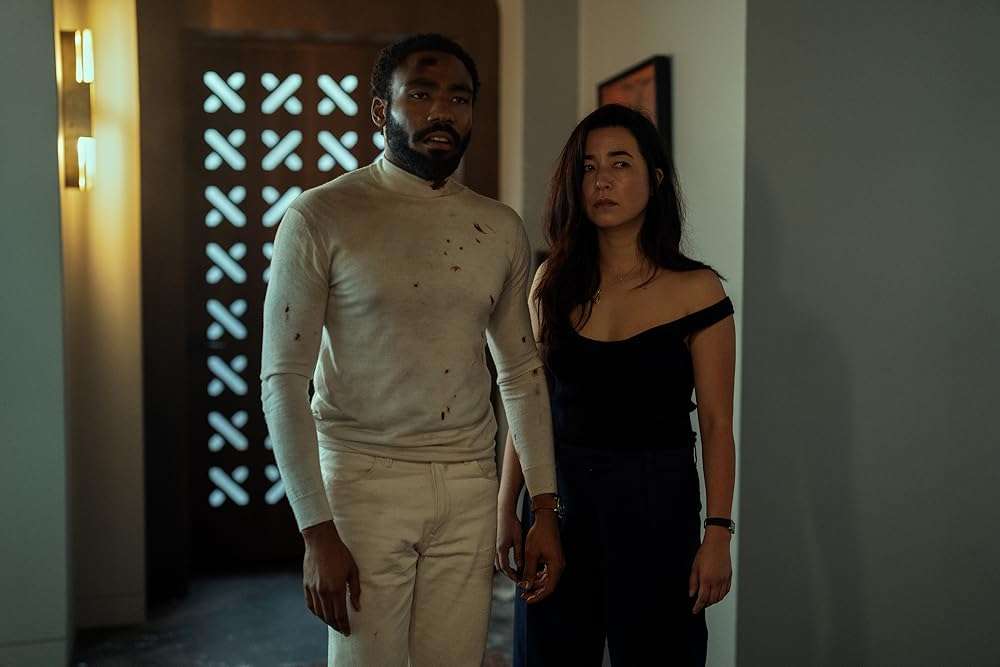
There is an episode dealing with the couple going to a blind auction and Jane having to seduce a real estate mogul, whereby she would inject him with truth serum. The plan, as expected in a show written by writers who are prone to sharp satire as well as sheer silliness, doesn’t go the way we expect. There is even an episode where the protagonists meet another of the Smiths,’ and they have a double date where they discuss the mysterious nature of the organization as well as the existence of so many such Smiths’ running around.
It acts as an homage to the 00-branch of MI6 in the James Bond films, as well as commenting on how silly the entire endeavor actually is. The jokes work when they are focused on the lampooning of the genre itself or when they repeat gags related to the characters. However, when the show actually tries to be silly or even tries to comment on modern-day relationships as well as social media and its tendrils on the world, it feels redundant.
The fatal flaw of the show is the lack of chemistry between Erskine and Glover. It is fatal, not because they are charming and are trying to break the ice with each other in the first few minutes. It’s fatal because the show’s basic conceit requires the two characters and the viewer to engage fiercely with each other. It is necessary that even if the show ultimately is a subversion of the very genre it is trying to play in, it still has some of the basic tenets that make the genre so successful in the first place.
Not only is the show unable to convince me that Jane and John Smith have any chemistry with each other, but it is also unable to convince me for the first four episodes at least that these agents are physically capable enough to fight with other agents, get into shootouts, or even carry out traditional espionage. One might argue that for a show devoted to subversion, showing these agents to be incompetent is the primary necessity, but the show’s conceit also asks for these agents to be recruited. If that is the case, these agents need to at least be convincing enough on screen that they are tough, lethal, and efficient. Donald Glover working out and showing off his abs doesn’t automatically translate to him having the charisma to pull off this role.
The flaws get compounded because every episode entails that there is a time jump between episodes, and the screenplay shows that the relationship between the two of them is strengthening and later deteriorating as the couples find themselves having misunderstandings because their foundation itself is built on lies. The problem is that the shaky foundation on screen is even shakier because it rests on the barely developed and shaky chemistry between the characters and further extrapolation within that shaky relationship.
It is perhaps telling that the strongest episodes besides the finale are the ones directed by Amy Seimetz towards the tail end of the series because they show the relationship in decline, and both Glover and Erskine are good at playing this couple, who are slowly growing apart. Erskine, especially in the opening segment of the seventh episode, is sublime in showing her heartbreak while fiercely trying to bring her guard back up. Similarly, Glover too has moments to shine, like in the sixth episode when he finally snaps at Erskine’s Jane.
This is also the reason why the finale is the best episode of the lot. In the middle of the eventual confrontation, we see scintillating chemistry and banter between John and Jane Smith. We see Glover being whip-smart and cracking-wise, Erskine brandishing a gun and being ferocious, and Glover directing that episode with a flair that had been missing in the initial episodes. It’s a shame because, while conceptually, this isn’t anything groundbreaking, the best deconstruction of already robust genres should ideally be executed by lovers of that genre.
The talent behind the camera, the team behind “Atlanta” and “Station Eleven,” are extremely talented and lovers of the genre as well as cognizant of the realities of this Gen-Z world to construct a show that should be both a lampoon of this genre as well as a love letter to it, reasonable updating for the generation of the 2020s. Unfortunately, it stumbles right out of the gate because updating a genre is irrelevant when your basics aren’t up to speed. How do you construct a romantic comedy-drama between two spies when the chemistry between the two leads never progresses beyond the awkward phase, even as the screenplay moves on with the conceit that it already has?




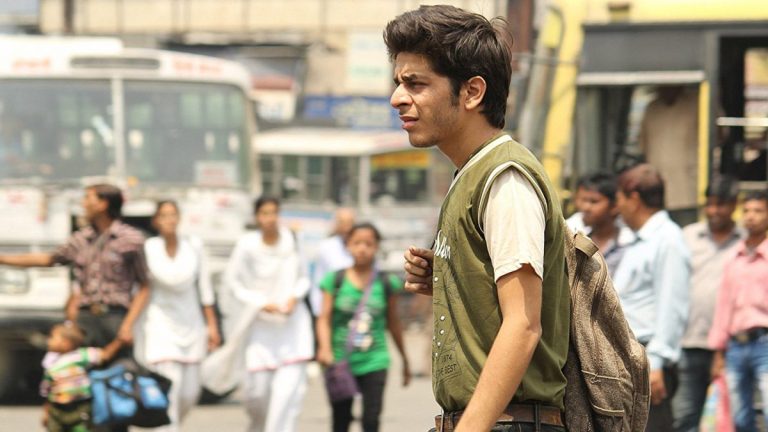
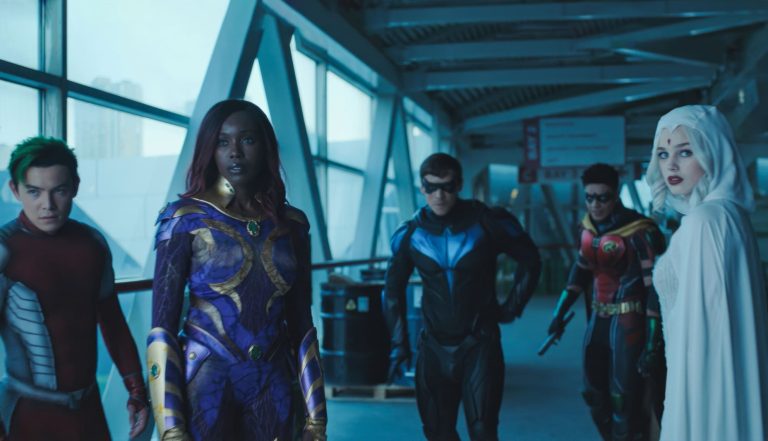
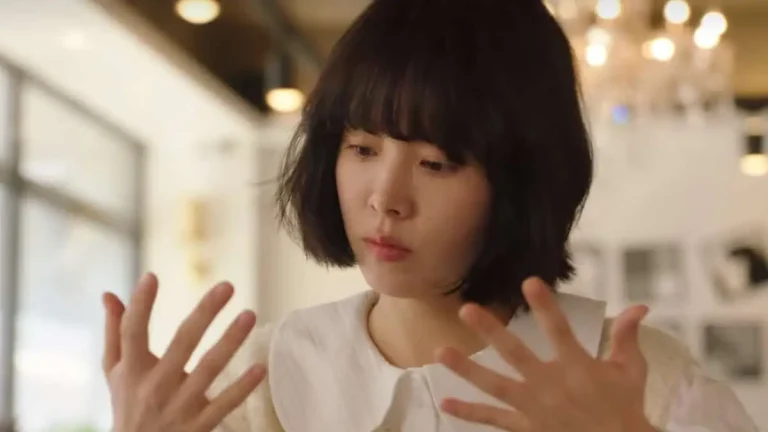
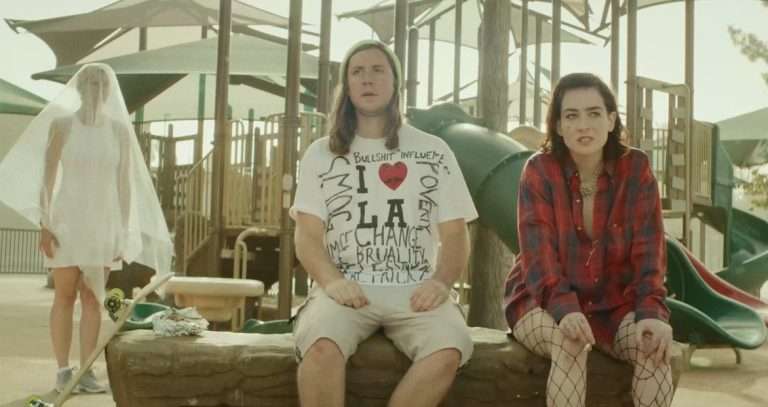
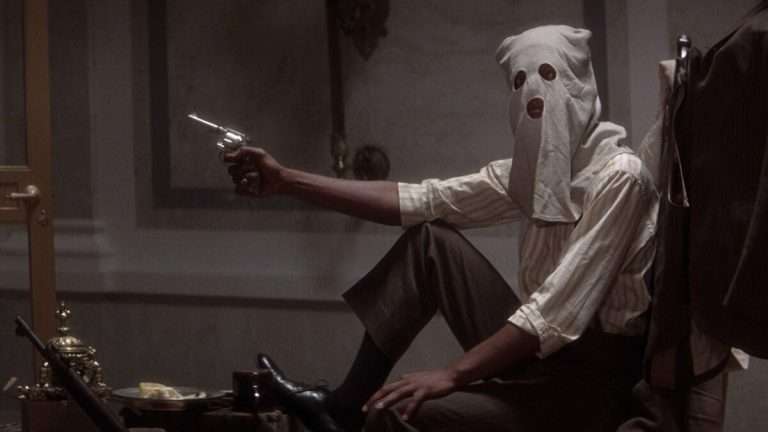
![Dogs Don’t Wear Pants [2019]: ‘MUBI’ Review – A terrific visual treat in an imperfect film](https://79468c92.delivery.rocketcdn.me/wp-content/uploads/2020/10/Dogs-Dont-Wear-Pants-highonfilms-2-768x432.jpg)